While still talking, one of the officers moved to the passenger’s side, opened the door and sat down. The leader of the team, an equivalent of an unconfirmed ASP in the Police, demanded my vehicle particulars which I handed over to him. He jumped into the waiting vehicle and drove off with the other members of his team. The officer sitting in my car said I should drive to the FRSC office in Wuse Zone 7. It was at that point I insisted that I was neither making nor answering a call on the steering wheel.
In fact, at the point I was blocked, my two phones were on the passenger’s seat. The officer clarified that it was true that I was not making a call on the phone but that I was holding a phone in my hand. I was pleasantly surprised by that claim too as I could not even remember holding my phone in my hand. I could not have conveniently held the steering wheel with a phone in my hand. If I was not making a call as confirmed by him, why should I hold a phone in my hand that would make it somewhat difficult for me to steer the wheel of the car?
Assuming without conceding that I held a phone in my hand, without using it for a call or a chat or anything whatsoever, the FRSC officials insisted that the action would still have constituted an offence of “use of phone.” The FRSC could be correct in their wider interpretation of use of phone, that is going beyond making calls on the steering wheel, but I got into a heated argument with the officer who sat in my car, demanding evidence to prove my culpability- that I actually held the phone at the point one of the officers claimed to have seen me.
Alas, there was no evidence! It was just his or the team’s words against mine. The officer admitted there were no CCTV cameras that could have been called upon to show I committed the offence. While the argument was on, the other members of the FRSC reversed the vehicle to where my vehicle was parked and the team leader came out to reinforce the position of his subordinate. Funnily enough, as he was explaining to me the “use of phone”, I noticed that one of them was using his android phone to record the conversation I was having with the team leader.
The onus was on the FRSC to prove my culpability and I could understand the team’s desperation to achieve that. The team insisted I should drive to the Corps’ Wuse Zone 7 office with a threat to tow my vehicle if I refused. The subordinate officer that was left to lead me to the office began to blab about my action that could tantamount to resisting arrest. We got to the office and while the officer was waiting for the team and its leader to come to do their booking or whatever, I worked my phone to secure my release through the intervention of some higher authorities.
I have decided to write on the incident to reinforce the fact that the Corps has the responsibility to regulate the use of phones by motorists; and, in carrying out this responsibility and all other functions, members of the Corps have the power to arrest and prosecute persons reasonably suspected to have committed any traffic offence. But that function must be efficiently discharged. Therefore, I use this medium to draw the attention of the government to the imperativeness of capacitating the FRSC to enable it effectively discharge its road safety functions.
Government should provide the necessary administrative and operational infrastructure to bolster the operational and regulatory capacities of the Corps. For instance, the provision of CCTV camera or any other fixtures that could help to apprehend motorists who flout road safety regulations with irrefutable evidence of their culpability would be in apple-pie order. Such foolproof evidence of wrongdoing by motorists would reinforce the integrity of the Corps’ operations and eliminate errors of judgment in surveillance.
After all, the reason for setting up the FRSC is for it to add value to society by saving lives on the roads. There is no doubt that this single-minded objective has remained the essential motivation of successive leaderships of the Corps who have always brought the magnitude of their intellectual prowess to bear on their respective dispensations. The current Corps Marshal of the FRSC, Mr. Boboye Oyeyemi, is doing well but he must continue to put his nose to the grindstone to ensure that he delivers the best.
With his training in policy and strategy at the National Institute of Policy and Strategic Studies, NIPSS, Kuru, Oyeyemi looks primed to innovate and provide revolutionary leadership for the Corps. But then, innovative ideas would require adequate funding to materialise. The Federal Government is hereby called upon to commit itself to making available funds needed by the Corps to emplace necessary administrative and operational infrastructure that will conduce to safety of lives on the nation’s highways.
-
Ojeifo, an Abuja-based journalist, contributed this piece via ojwonderngr@yahoo.com



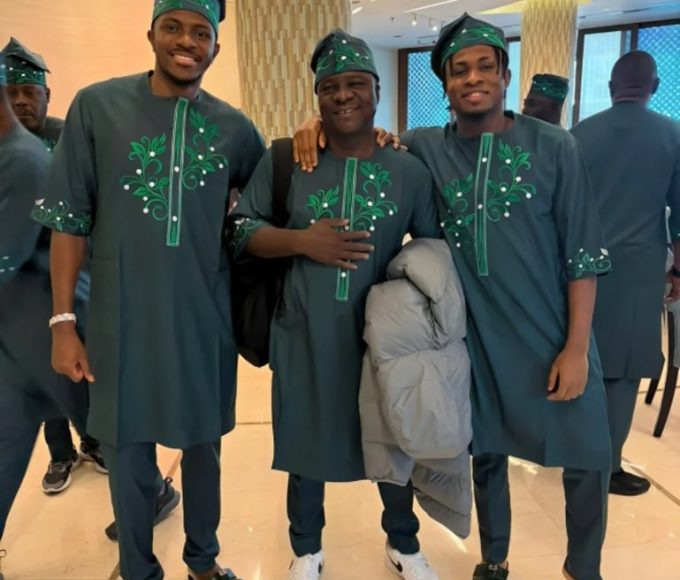




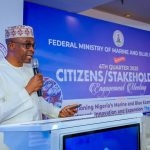
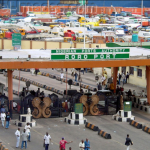
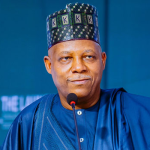
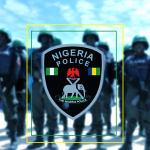
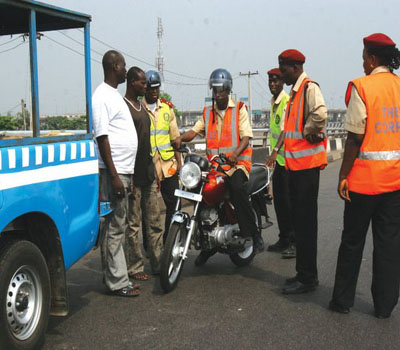
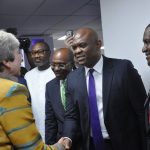
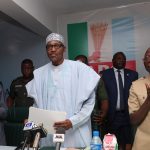
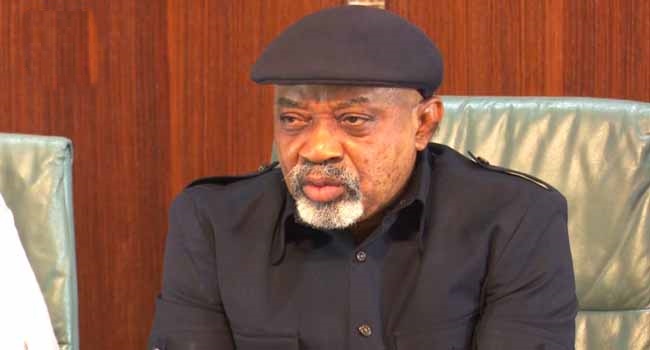
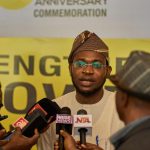
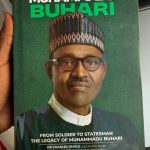

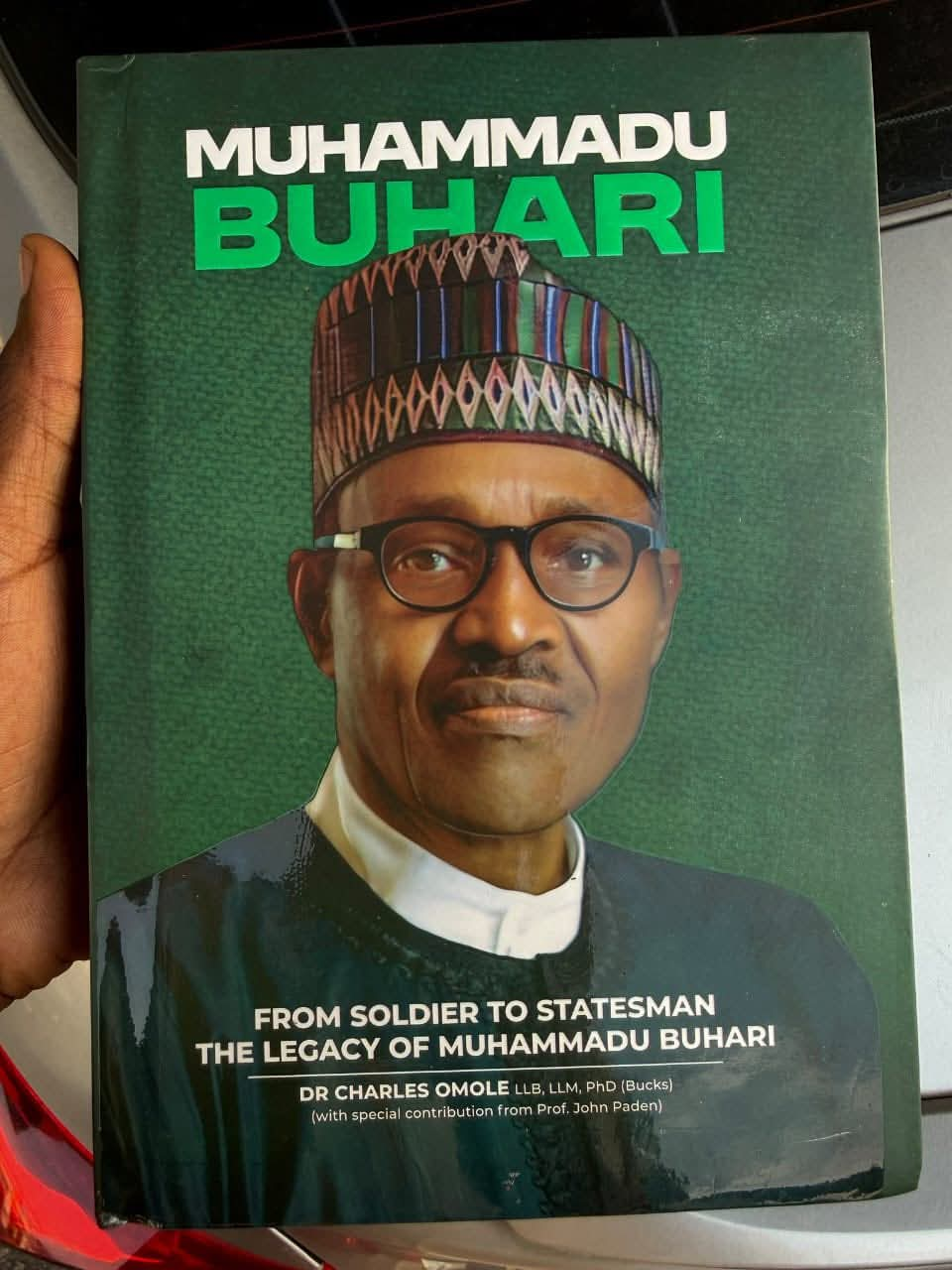
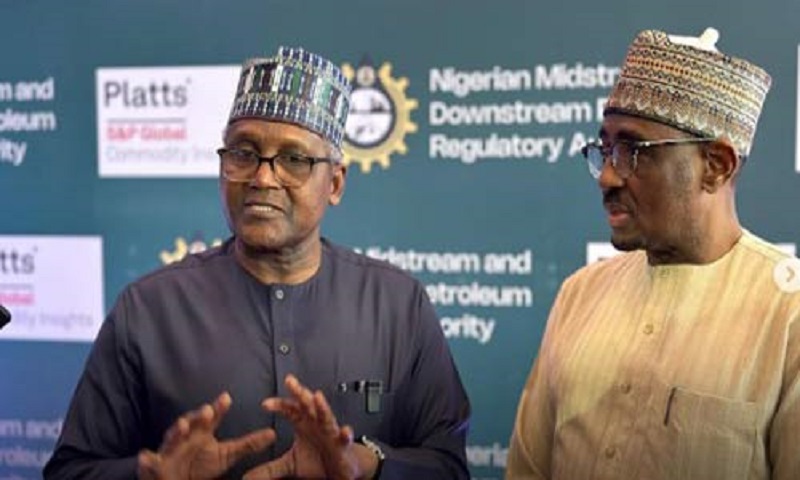
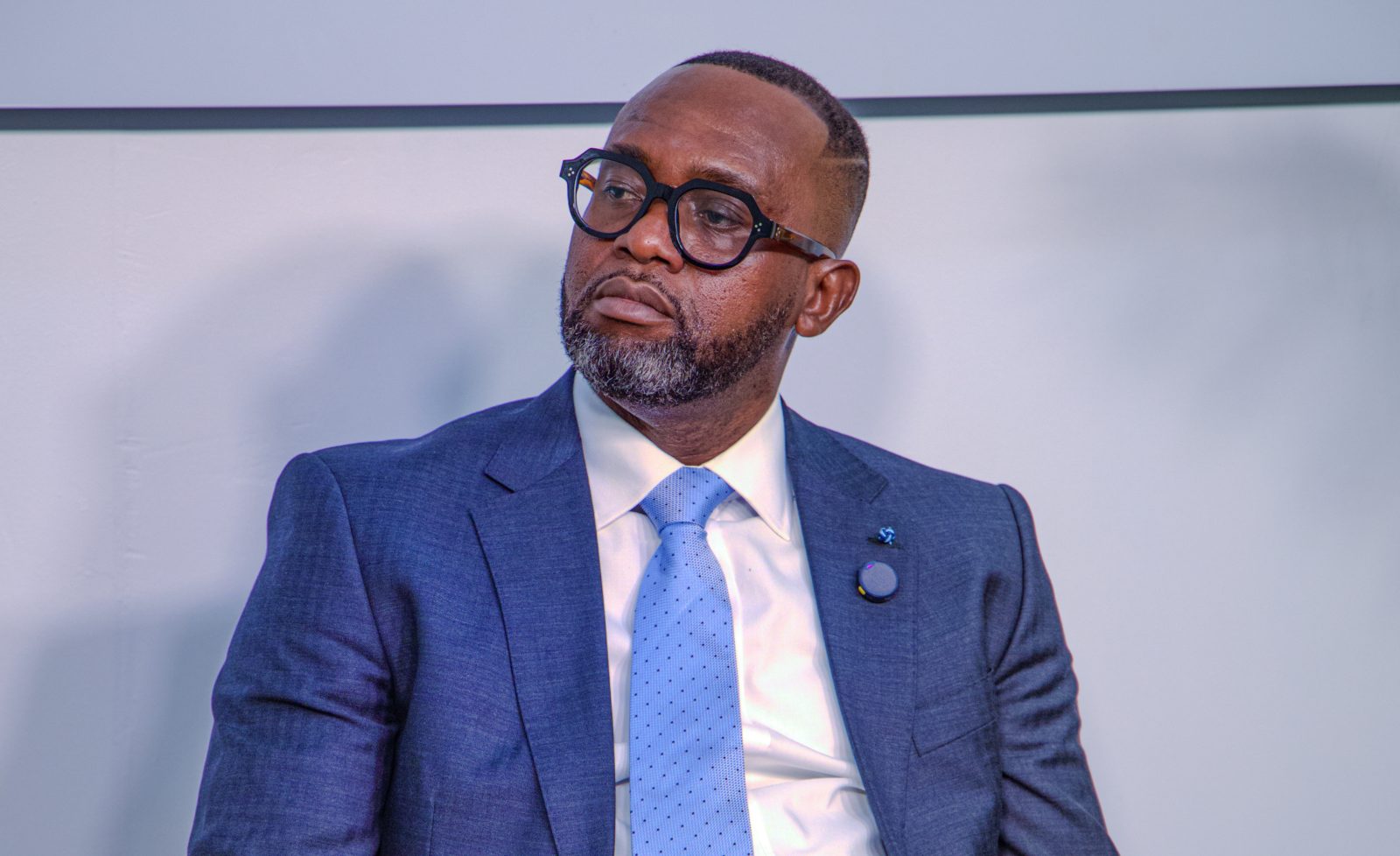
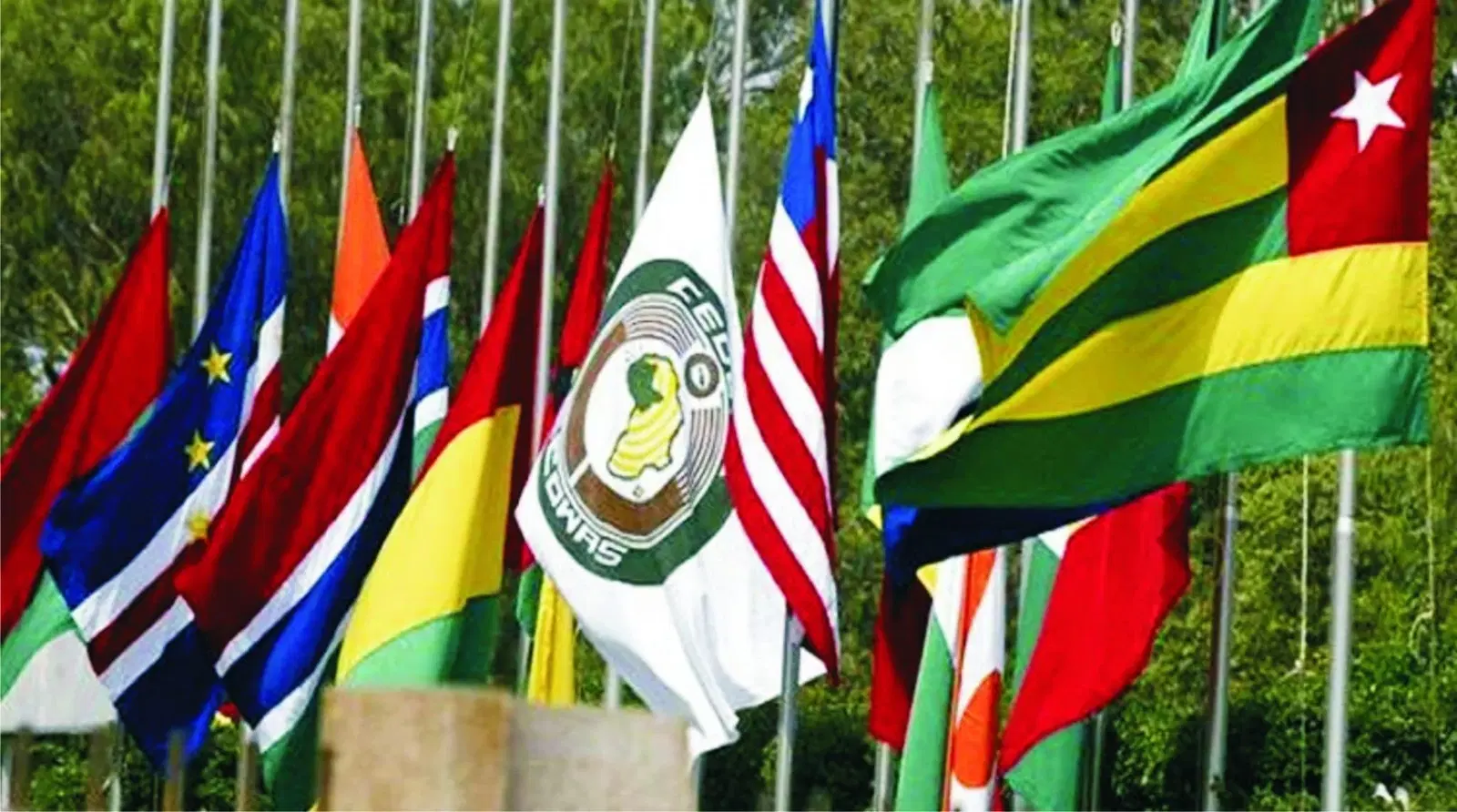
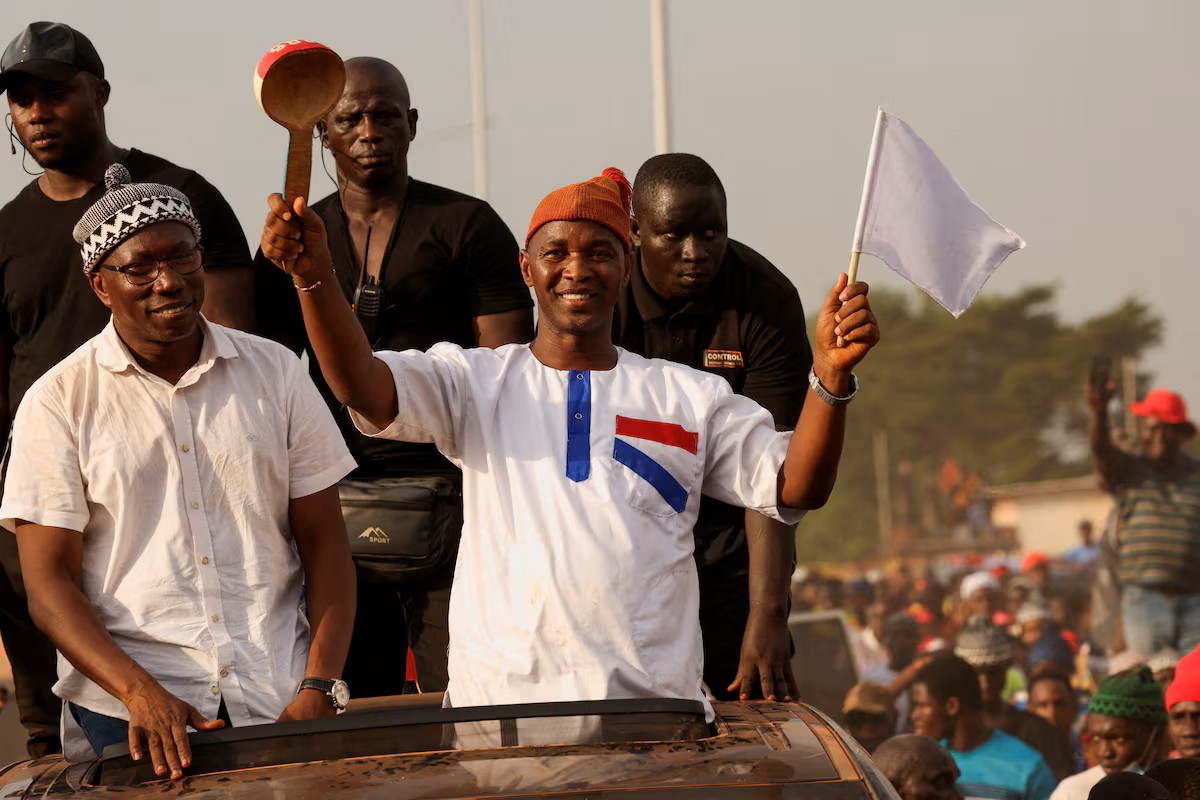
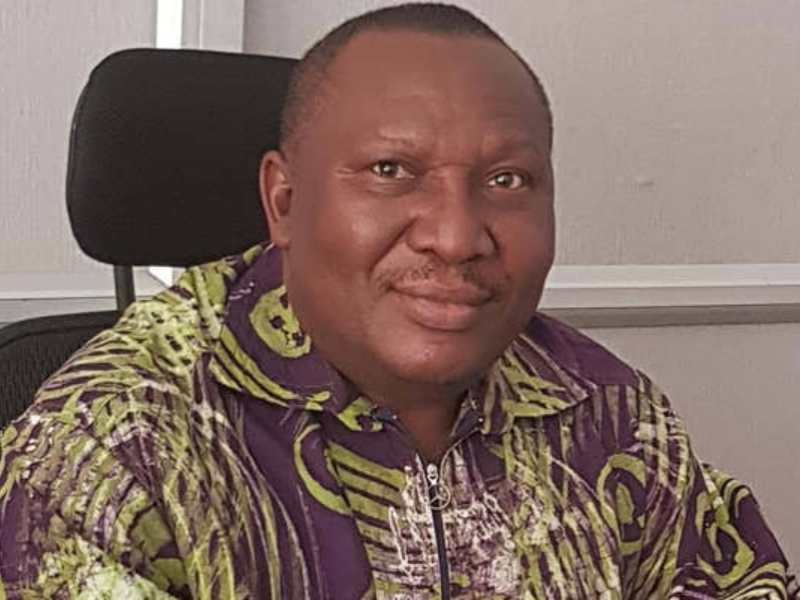
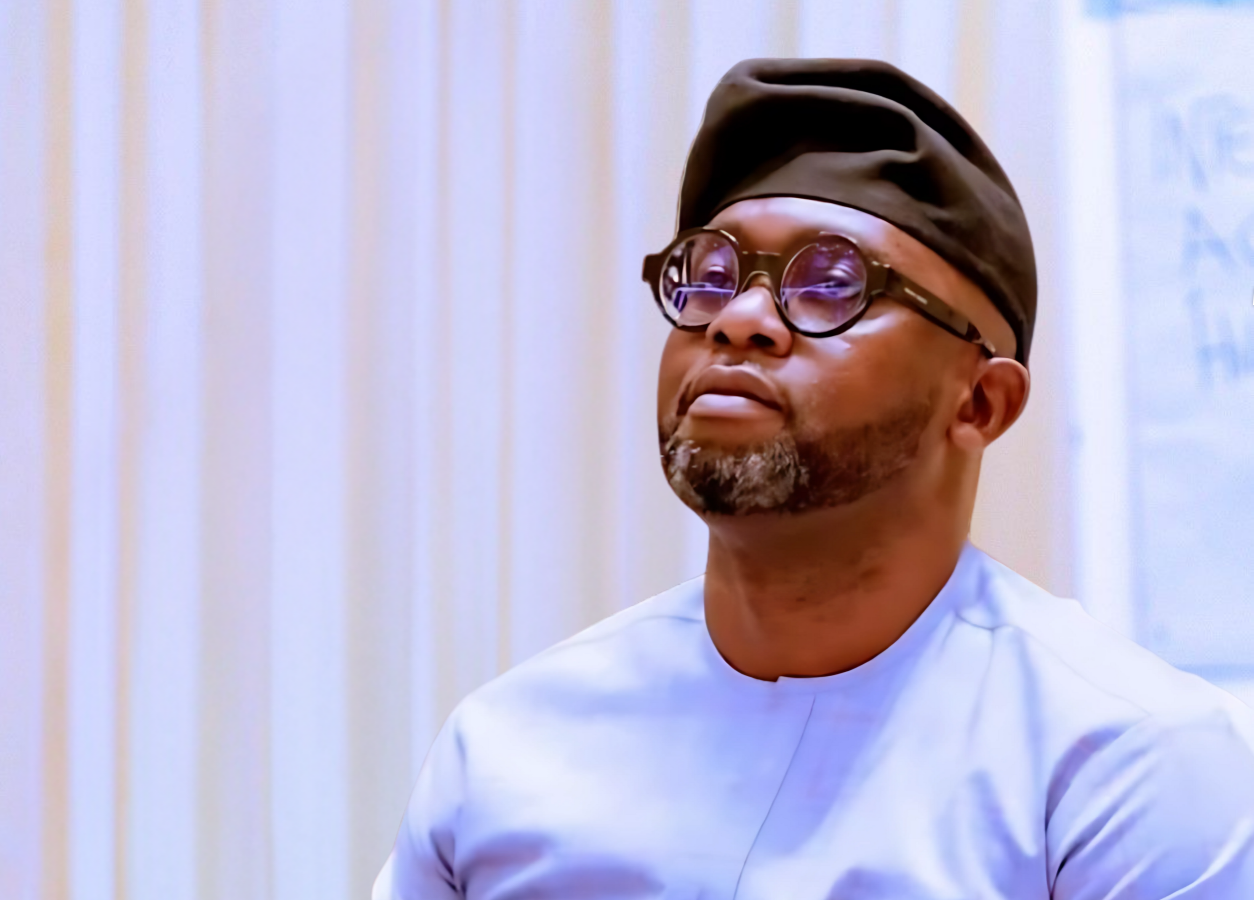
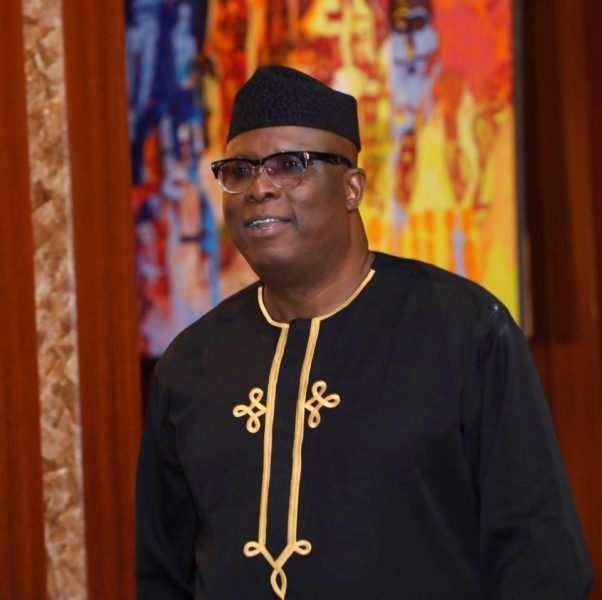

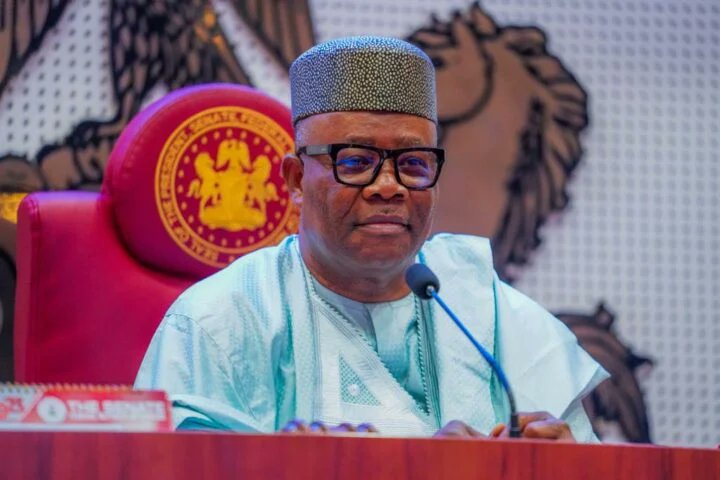



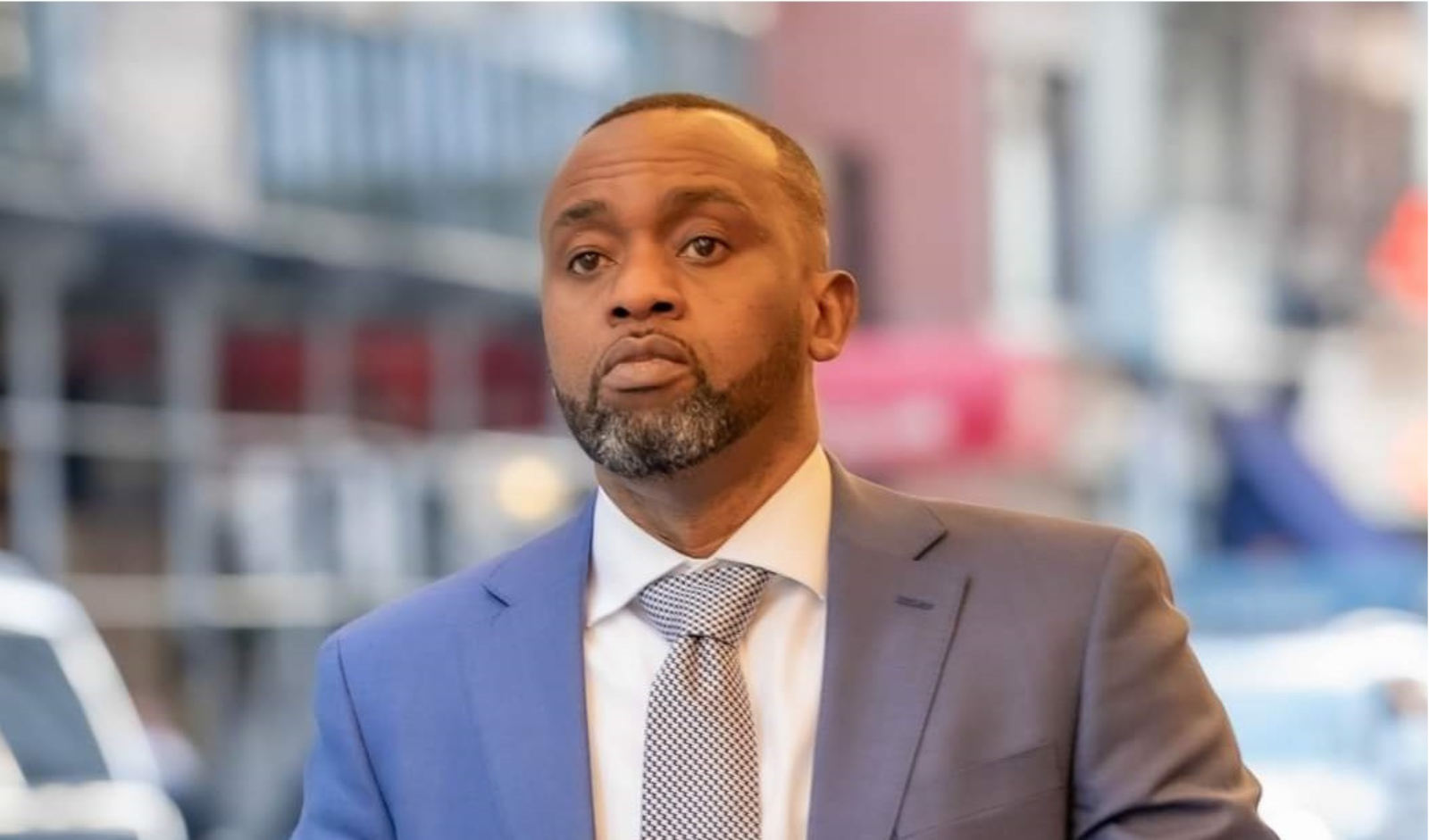


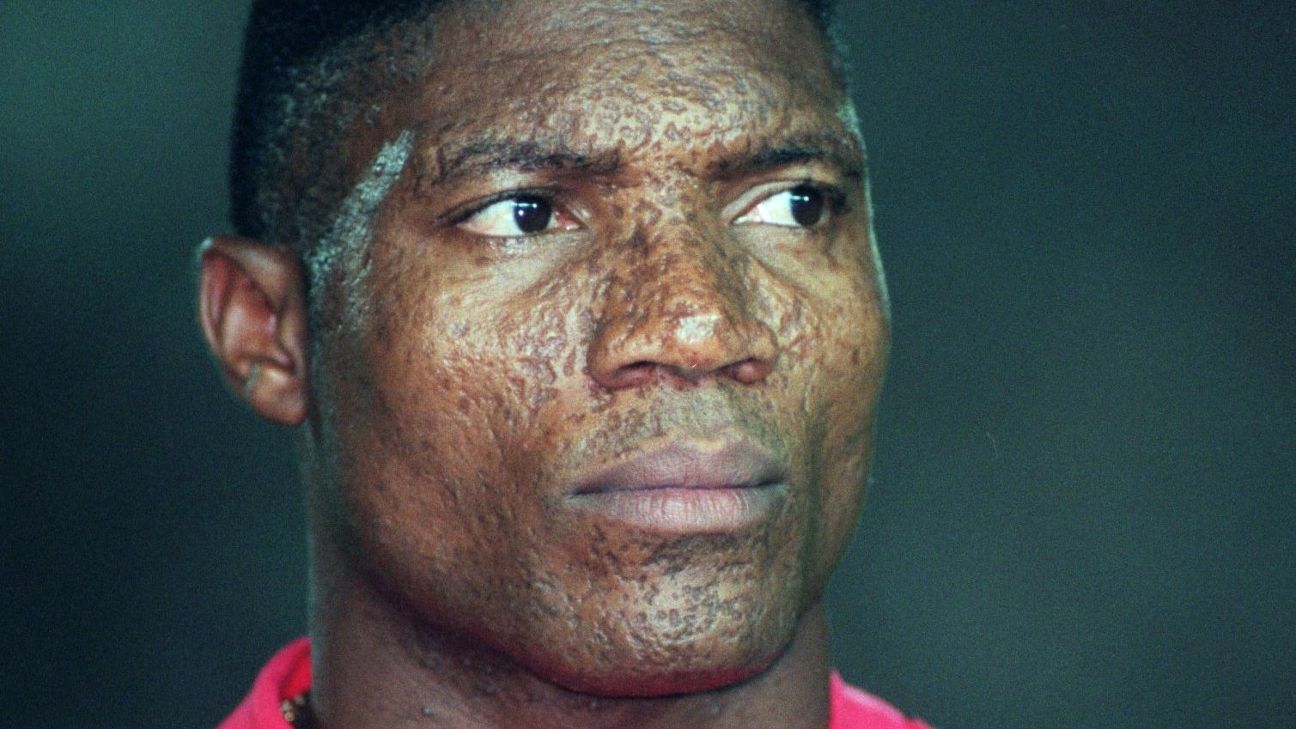
Leave a comment